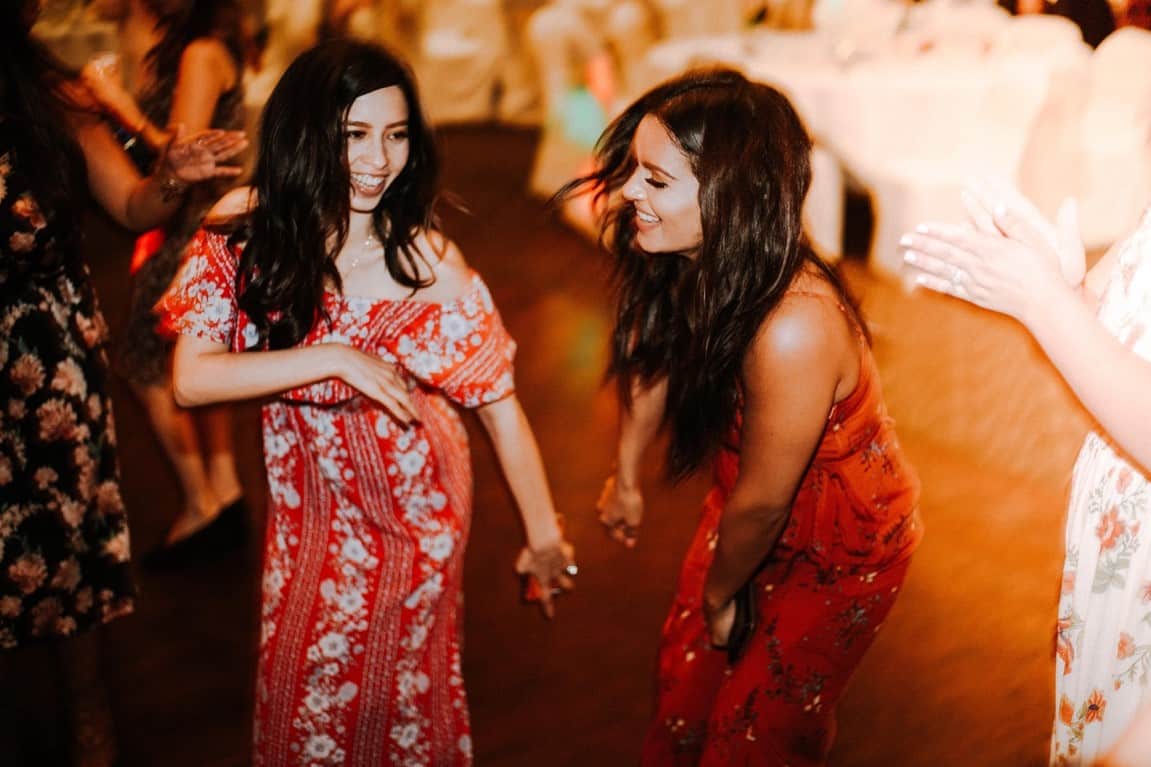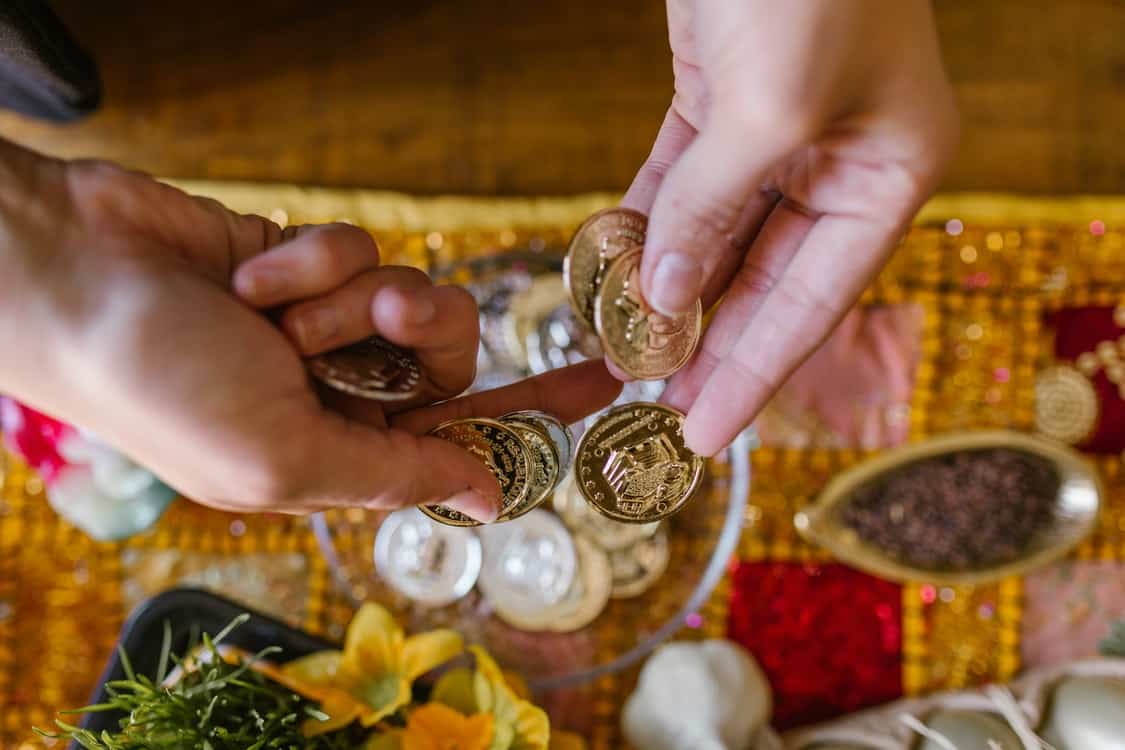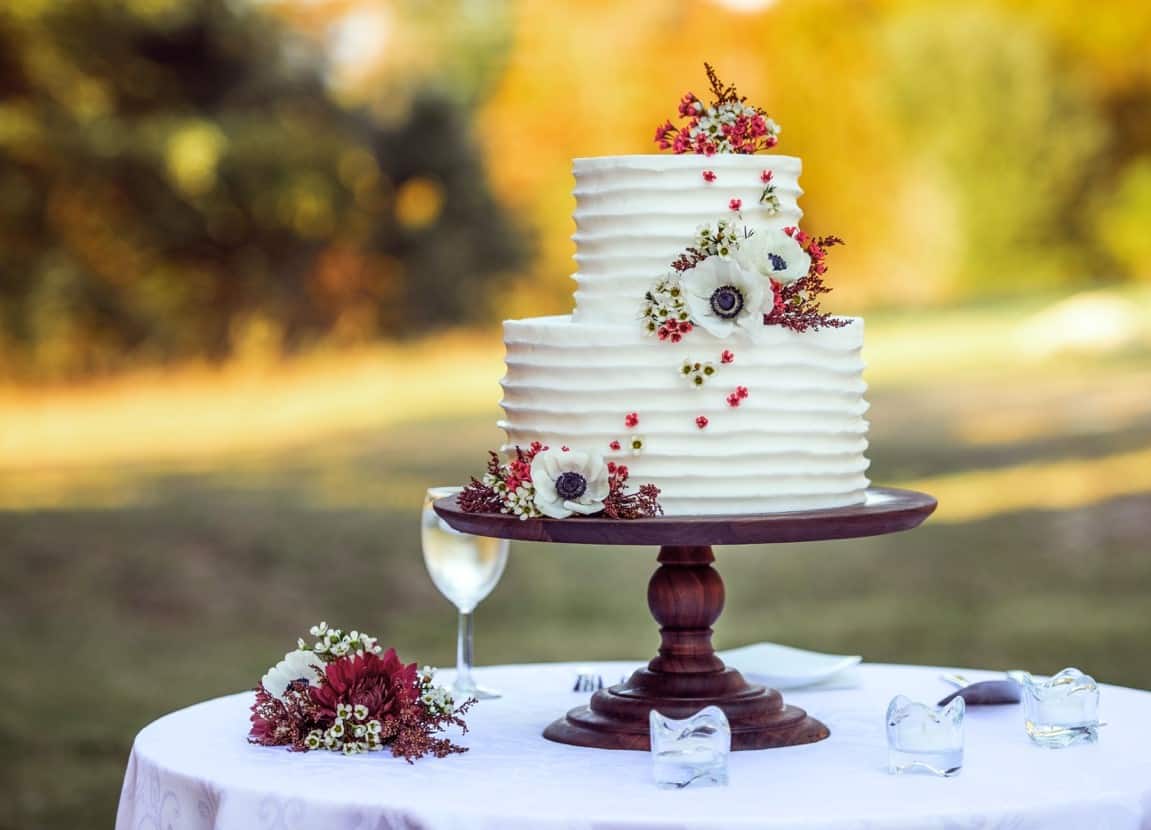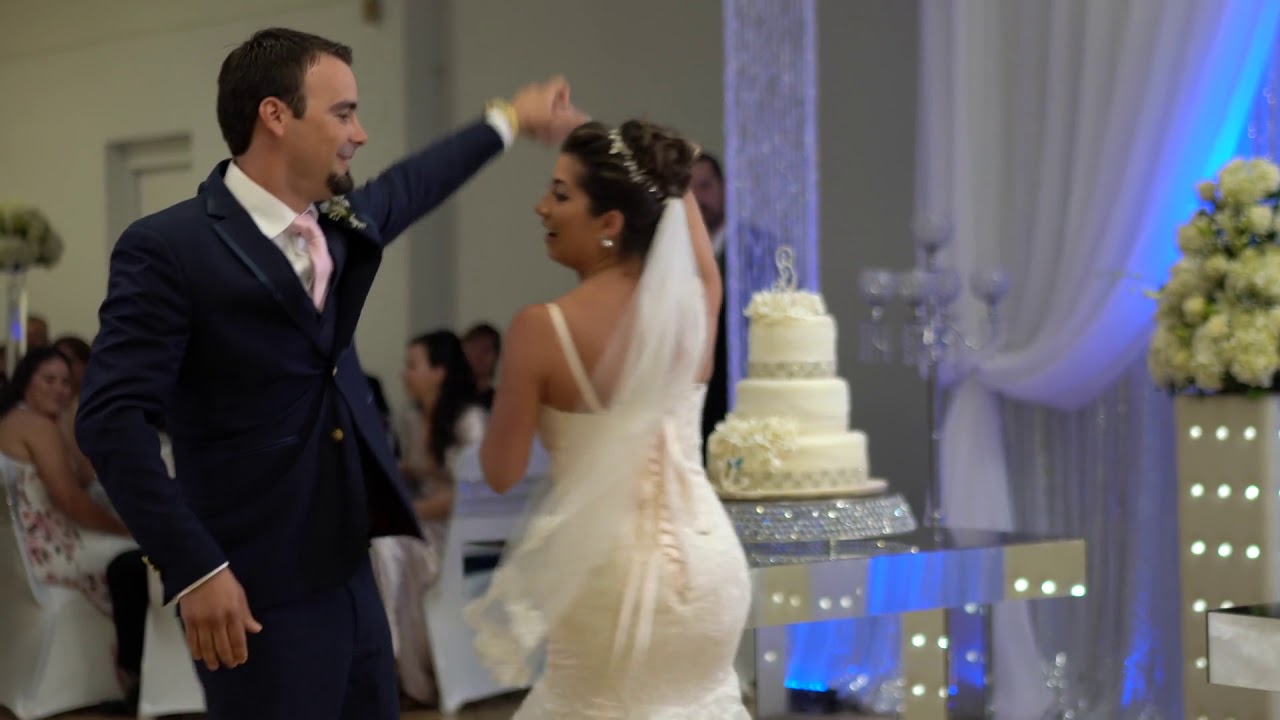Wedding traditions emerge from a mix of history, culture, and nature. Even though there may be similarities among countries, every nation has a unique set of wedding traditions that illustrate its population’s way of life.
Puerto Rico is an island in the Caribbean that is classified as an unincorporated territory of the United States; thus, while Puerto Rico is a self-governing country, it still depends on the U.S. Congress and armed forces. Before being acquired by the U.S., it was a colony of the Spanish Empire. This rich tapestry of colonial history and self-governance is evident in many of its cultural practices.
When it comes to matrimonial customs, Puerto Rico offers a captivating blend of Spanish colonial and indigenous influences. From the wedding traditions in Puerto Rico to the iconic traditional Puerto Rican wedding dress, each facet tells a story of its rich heritage and cultural melding.
Puerto Rico is a predominantly Catholic country, so weddings in the country typically follow a Catholic wedding timeline. Although sharing some traditions with other Latin cultures, there are some one-of-a-kind Puerto Rican wedding traditions, such as the doll and bridal bouquet of wildflowers and a hand fan.
The Rich Tapestry of Puerto Rican Wedding Traditions

1. All-Night Receptions
Common across all Latin cultures, the reception is viewed as an all-night-long dance party where guests can drink, mingle, and make memories for a lifetime. It is typical for a reception to last way past midnight. Music plays an essential role in any Puerto Rican reception — traditional Latin music, classics, and pop are some of the popular genres. Couples with a sufficient wedding budget may opt to hire a group of folk dancers as additional entertainment.
2. An Abundance of Puerto Rican Food
Like many cultures worldwide, it is a Puerto Rican wedding tradition to serve heaps of local and cultural dishes. Even if a foreigner is getting married to a Puerto Rican, it is non-negotiable that a wide selection of Puerto Rican food will be served. Here is a list of popular and well-loved Puerto Rican meals or ingredients you can consider for your wedding:
- Pollo guisado
- Pollo al horno
- Arroz con gandules
- Yuca
- Platanos
- Carne guisada
- Mofongo
- Empanadilla
- Rellenos de papa
- Pernil
3. Bridal Bouquets of Wildflowers and Fans
Amapola, or poppies, is a traditional flower that is frequently found in Puerto Rican weddings. Because of their beautiful and vibrant colors, bridal bouquets are filled with Amapola. They may also contain flamboyán, margaritas, and any of the at least 50 orchid species native to Puerto Rico. The maid of honor and bridesmaids may also carry Amapola flowers in their bouquet, though they may choose between real flowers or those made of silk.
Additionally, bouquets may also include a hand fan. Fans used to be a traditional part of a Puerto Rican woman’s attire, and the wealthier women would have several fans that they can match to the color of their clothing.
4. Café Con Leche (Espresso) Is Served to the Newlyweds
The bride and groom are served espresso, also known as café con leche, during the wedding. Traditionally, the beverage is served using coconut cups, though you may opt for other drinkware or stemware.
5. Capias (Ribbons for Wedding Favors)
The capias are attached to the bridal bouquet. Furthermore, each capia may have pieces of abeto or fern attached to it, with the capia itself sitting in the middle of the abeto. During the reception, the newlyweds will cut each strip off individually then pin them onto the guests. This is an opportunity for the couple to interact and socialize with the people who attended their wedding.
6. Coquí (Sounds of a Tiny Tree Frog)
Though not necessarily a requirement for every Puerto Rican wedding, many couples choose to play coquí in the background as the ceremony takes place. Coquí refers to the sound of a tiny tree frog native to Puerto Rico. Couples find that it elevates the romantic mood of the day.
7. Danza Criolla
8. Doll on the Main Table
It is a Puerto Rican wedding tradition to place a doll at the head of the main table. This can be any doll, may it be a Barbie or a different kind, as long as it is wearing a wedding dress that matches the bride. When the doll is given to the guests, it is covered in charms. The doll may also function as a cake topper. Although widely debated, this doll is generally seen as a symbol of fortune and gratitude. A similar tradition is observed in Haiti.
Another doll is sometimes placed on the table where the guests can place their gifts. Instead of the bride’s wedding dress, the doll is wearing a long skirt to which the capias are attached.
9. El Lazo (Wedding Lasso)
After the couple has exchanged their vows, a lasso is wrapped around the couple. This lasso is usually a silver rope, silk cord, or a rosary. The act of wrapping a lasso represents the unity and commitment that the couple is entering. Because of this symbolism, other people may refer to the lasso as a “unity lace.” Padrinos, which are sponsors of the wedding, are the ones in charge of wrapping the wedding lasso.
10. Las Arras (Gold Coins)

The Puerto Rican wedding tradition of las arras involves 13 gold coins. These coins symbolize Jesus Christ and His 12 apostles; figuratively, the coins also represent the husband’s promise to care and provide for the wife during their marriage. During the ceremony, the priest will bless the coins before handing them to the groom. After the exchange of vows, the groom will give the coins to the bride, which she will keep for the rest of their lives together. This wedding tradition can be observed in other cultures, such as Mexican.
11. Tropical Decor
As mentioned above, there are over 50 species of orchids native to Puerto Rico. Similar to Colombian wedding traditions, Puerto Rican weddings heavily integrate national flora into the design of the venue. Furthermore, palm branches and abeto are also frequently utilized to decorate the location. Centerpieces are usually small palm trees made with abeto ferns. Seashells are then scattered to heighten the tropical theme.
12. Wedding Cake Flavors and Design

Traditional Puerto Rican wedding cakes choose from three famous flavors: rum, coconut, or pineapple. As for the design of the cake, you may match it to the actual flavor of the cake; pineapple-themed wedding cakes are popular. You may also incorporate seashells onto the exterior of the cake.
13. Which Family Pays for the Wedding?
Traditionally, it is the bride’s family who shoulders the costs of the wedding. Meanwhile, the groom’s family finances the couple’s honeymoon. In recent years, this arrangement has become less popular; one reason for this is that many newlyweds now make more money than their parents, thus paying for their wedding themselves. However, some families may insist on observing this arrangement.
Final Thoughts
Puerto Rican wedding traditions beautifully encapsulate the island’s rich history, diverse influences, and vibrant culture. Whether it’s the deep significance of las arras or the lively all-night receptions, these customs provide a window into the heart and soul of Puerto Rican celebrations.
As with all wedding traditions, they are more than just rituals; they tell stories of love, unity, and cultural pride. Embracing these customs ensures that the rich tapestry of Puerto Rico’s heritage continues to thrive with each generation, weaving new stories while honoring the old.
